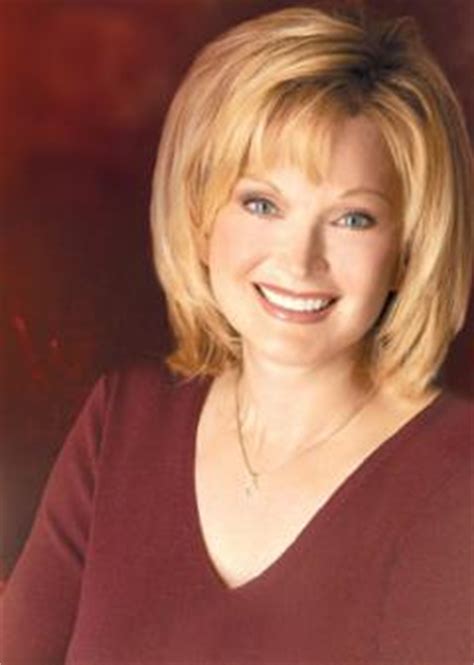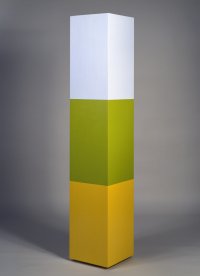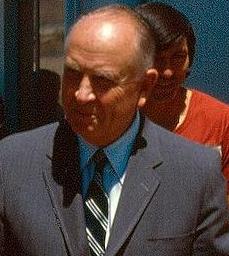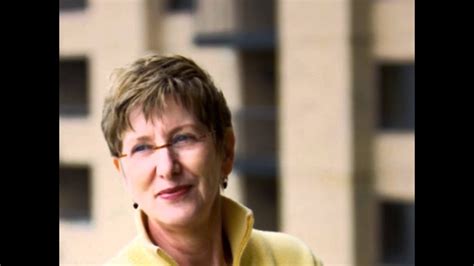A Quote by Beau Willimon
We all experience power struggles in our lives - at the workplace, with our friends, in our love lives. In a way, we're all politicians.
Quote Topics
Related Quotes
The battle for our lives, and the lives and souls of our children, our husbands, our friends, our families, our neighbors, and our nation is waged on our knees. When we don't pray, it's like sitting on the sidelines watching those we love and care about scrambling through a war zone, getting shot at from every angle. When we do pray, however, we're in the battle alongside them, approaching God's power on their behalf. If we also declare the Wordog God in our prayers, then we wield a powerful weapon against which no enemy can prevail.
Our stories are not meant for everyone. Hearing them is a privilege, and we should always ask ourselves this before we share: "Who has earned the right to hear my story?" If we have one or two people in our lives who can sit with us and hold space for our shame stories, and love us for our strengths and struggles, we are incredibly lucky. If we have a friend, or small group of friends, or family who embraces our imperfections, vulnerabilities, and power, and fills us with a sense of belonging, we are incredibly lucky.
The difference between men and women is inalienable. It is not a political fact, subject to cultural definition and redefinition, but a physical verity. We do truthfully experience our lives differently because our bodies are different. It is in what we do with our experience that we are the same. We feel, absorb and examine with the same intensity, and intense experience honestly examined informs the art of both sexes equally. ... The power of imagination illuminates all human lives in common.
We all have secret lives. The life of excretion; the world of inappropriate sexual fantasies; our real hopes, our terror of death; our experience of shame; the world of pain; and our dreams. No one else knows these lives. Consciousness is solitary. Each person lives in that bubble universe that rests under the skull, alone.
Peace is not just the absence of war, it is the active presence of a capacity for love and compassion, and reciprocity. It is an awareness that our lives are not to be lived simply for ourselves through expressing our individuality, but we confirm the purpose of our lives through the work of expressing our shared sense of community in a purposeful and practical way; to sustain our own lives we sustain the lives of others - in family, in a community of neighborhoods called a city, and in a community of nations called the world.
We don't want to give the controls to someone else; we want those reins ourselves. We want to get our way. And we get upset when things don't work out. . . . When we try to control someone else or events beyond the scope of our power, we lose. When we learn to discern the difference between what we can change and what we can't, we usually have an easier time expressing our power in our lives. Because we're not wasting all our energy using our power to change things we can't, we have a lot of energy left over to live our lives.
Food is such an important part of our lives, and sometimes we tend to diminish the importance of that, because we rely on conveniences or because our lives are so complicated. We forget about those moments that we can actually share around the table with our family, with our friends, with our loved ones.
Both abundance and lack exist simultaneously in our lives, as parallel realities. It is always our conscious choice which secret garden we will tend... when we choose not to focus on what is missing from our lives but are grateful for the abundance that's present - love, health, family, friends, work, the joys of nature and personal pursuits that bring us pleasure - the wasteland of illusion falls away and we experience Heaven on earth.
It sometimes feels like the workplace is immune from social upheaval. We go to work and do the best we can, and at the end of the day, we return to our lives. We don't abandon who we are, however, when we begin and end our workday. Who we are shapes how we are perceived in the workplace and, in turn, how we perform in the workplace.





































